Masarrat Husain, of the Atlanta Interfaith Leaders Forum, encourages collaboration across organizational, religious lines to make the world a better place
Atlanta’s burgeoning population with flourishing faiths of all denominations are healthy signs for any city. Many interfaith groups in Atlanta are engaged in their own way to bring peoples of diverse faiths closer in order to understand and gain knowledge of their beliefs, practices, and rituals but not to denigrate or belittle them. The Atlanta Interfaith Leaders Forum (AILF) was founded in 2005 by the late Ben Johnson (a familiar figure in religious circles) for this very purpose and with the determination to make Atlanta an Interfaith City. Fortuitously, I became part of it and have since been reaping its benefits of greater understanding, tolerance of others viewpoints, protecting inalienable human rights and equality.
Holding events in churches, synagogues, mosques, gurdwaras, temples and other religious places of worship has reaped great fruits in terms of improving understanding, harmony, and goodwill among different religious groups. AILF would continue to pursue this course for the greater good. Our experience with these events has been very positive and heart-warming.
The recent controversy over attempts to shut down travels from some Muslim-majority countries to the United States and the banning of refugees from Syria has juxtaposed fear and faith. We may, perhaps, overcome this problem with greater understanding between faiths.
At some point in time, it is my belief that many interfaith groups in Atlanta continue to partner with each other to develop programs that will lead to greater strength, viability, and the achievement of intended objectives. Interfaith collaboration shows the community that we can work together across faith and organizational lines to make the world a better place.
Masarrat Husain
Chief, Planning
Atlanta Interfaith Leaders Forum (AILF)

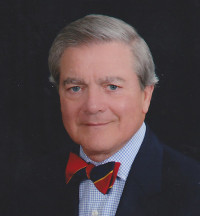 When our Steering Group of 35 Interfaith leaders from all across Atlanta re-discovered the Minister’s Manifesto, published on Sunday, November 3, 1957 in the Atlanta Journal and Atlanta Constitution, something significant happened. We realized that the 80 white ministers who signed that Manifesto sixty years ago were standing up and speaking out for racial justice and equality. We also found out later that Rabbi Jacob Rothschild from The Temple had helped to write the Manifesto, and remembered that all of this occurred while William Hartsfield was our mayor, a visionary leader who described Atlanta as “a city too busy to hate”.
When our Steering Group of 35 Interfaith leaders from all across Atlanta re-discovered the Minister’s Manifesto, published on Sunday, November 3, 1957 in the Atlanta Journal and Atlanta Constitution, something significant happened. We realized that the 80 white ministers who signed that Manifesto sixty years ago were standing up and speaking out for racial justice and equality. We also found out later that Rabbi Jacob Rothschild from The Temple had helped to write the Manifesto, and remembered that all of this occurred while William Hartsfield was our mayor, a visionary leader who described Atlanta as “a city too busy to hate”.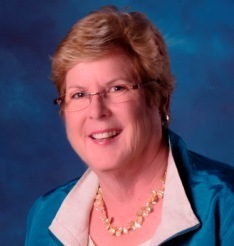 In a few weeks, the Jewish community around the world will celebrate Pesach, or Passover, a time for remembering the Lord’s mighty acts of liberation on behalf of the Hebrew people, who had endured the shackles of bondage for four hundred years. The Lord “passed over” the houses of the Jews, sparing their children during the last of the ten plagues, which had included, among six other menaces, frogs, flies, thunder and hail.
In a few weeks, the Jewish community around the world will celebrate Pesach, or Passover, a time for remembering the Lord’s mighty acts of liberation on behalf of the Hebrew people, who had endured the shackles of bondage for four hundred years. The Lord “passed over” the houses of the Jews, sparing their children during the last of the ten plagues, which had included, among six other menaces, frogs, flies, thunder and hail.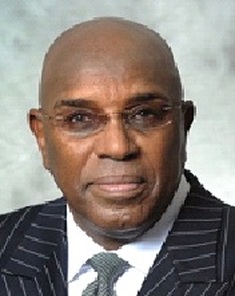 I signed the Atlanta Interfaith Manifesto with mixed emotional feelings. This document is a powerful statement to encourage people of all faiths to stand together and speak out against the fears, hatred, and ignorance which are dividing our country.
I signed the Atlanta Interfaith Manifesto with mixed emotional feelings. This document is a powerful statement to encourage people of all faiths to stand together and speak out against the fears, hatred, and ignorance which are dividing our country.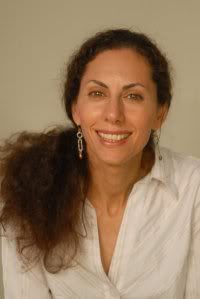
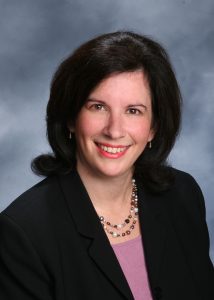 by Judy Marx, Executive Director of the
by Judy Marx, Executive Director of the